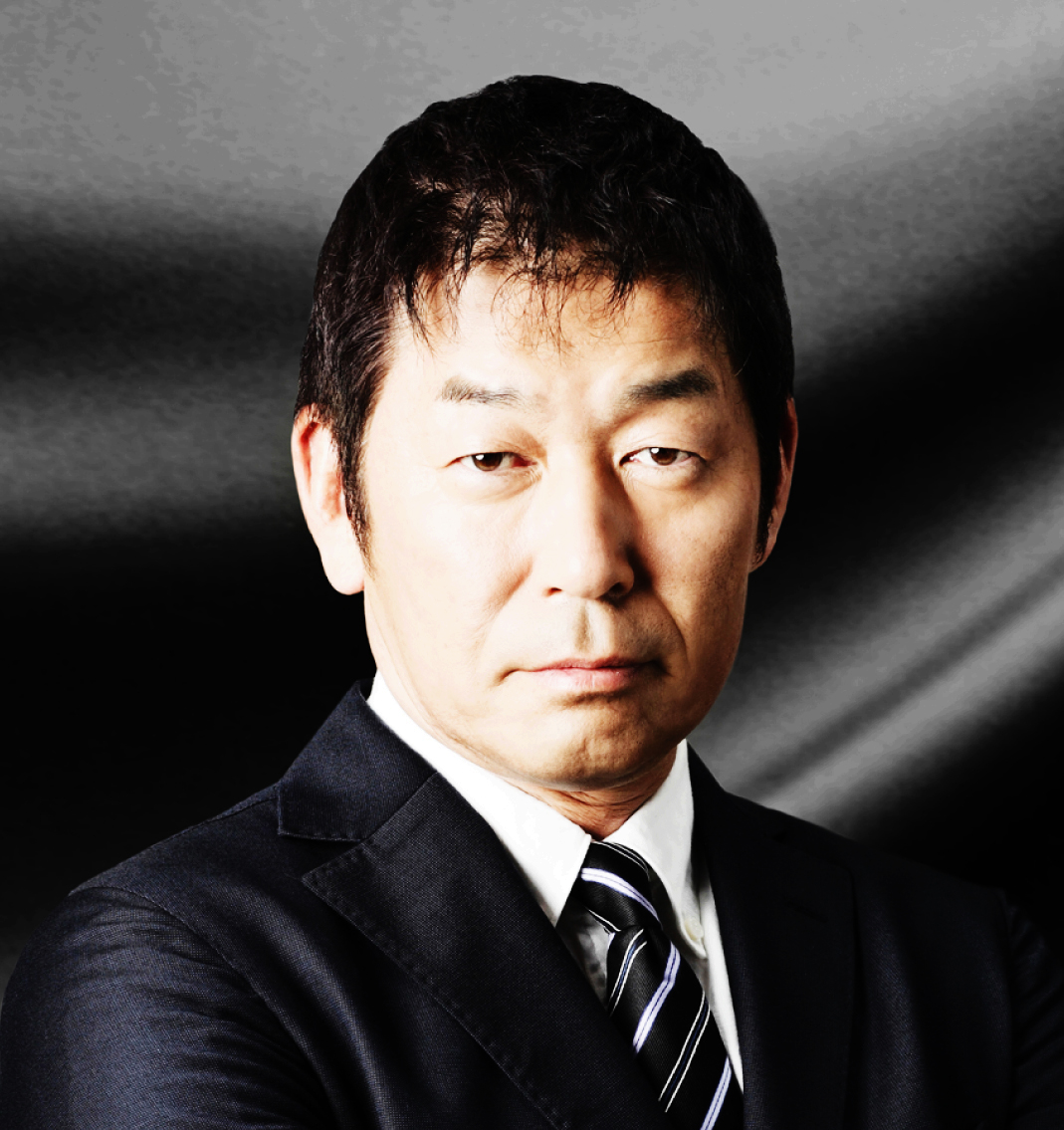(Reuters) – Russian and Belarusian gymnasts who are not involved in Russia’s war against Ukraine should be allowed to compete, the President of the International Gymnastics Federation (FIG) Morinari Watanabe said yesterday.
The International Olympic Committee (IOC) has recommended that Russians and Belarusians be allowed to return to international competition as neutrals since their ban last year in the wake of Russia’s invasion of Ukraine.
Watanabe recently travelled to Ukraine to attend the funeral of rhythmic gymnastics coach Albina Deriugina and met the Head of the Office of the President of Ukraine, Andriy Yermak, and Sports Minister Vadim Guttsait.
“I understand and support Ukraine’s position on the political side. But sport is independent of politics. Sport must seek peace even when governments and soldiers are at war,” Watanabe said in a statement published by FIG.
“(Ukraine) President (Volodymyr) Zelenskiy protects the Ukrainian people like family. I am protecting all gymnasts in the world like family.
“That’s why I support Ukrainian gymnasts and why I defend the right of Russian and Belarusian gymnasts who are not involved in the war to participate in competitions. “I understand and respect President Zelenskiy’s position and I ask the Ukrainian government to understand my position as an International Federation president in the same way.”
In December, Zelenskiy opposed the idea of Russian athletes taking part in the 2024 Paris Olympics under a neutral banner as “all their flags are stained in blood.”
Ukraine said that today its athletes will not be allowed to take part in qualifying events for next year’s Games if they have to compete against Russians, a decision the IOC criticised.
FIG will discuss the IOC’s recommendations for a gradual return to international competition for Russians and Belarusians at its next Executive Committee meeting on May 12-13, the statement added.
The IOC issued the recommendations last month after the initial ban on Russian and Belarusian athletes was introduced in March 2022 following Russia’s invasion of Ukraine in February last year, which Moscow calls a ‘special military operation’.






